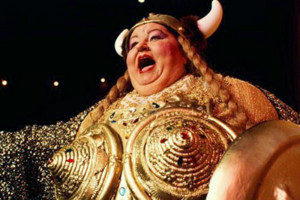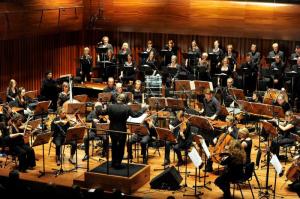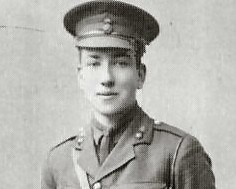
Human beings have always thoroughly enjoyed watching other human beings fighting and dying. The excitement over gladiatorial combat in the Roman Arena lived on long after Rome fell.
There were English Lords watching the Battle of Waterloo while eating strawberries and drinking champagne provided by Fortnum and Mason..
Tourist companies arranged package tours to the Crimea during the Crimean War for the upper classes who got up before dawn, settled themselves comfortably with their cushions, telescopes and picnic baskets, dodged the stray bullets from the Russians, and allowed themselves to be diverted by the ensuing slaughter.
A large crowd watched the third bombardment of Sebastopol, resulting in the massacre of 6,000 British and Allied troops, with evident satisfaction.
Another bombardment took place on 18 June at Cathcart’s Hill. Tourists hauling picnic baskets arrived just before dawn and sat all day long in the heat to watch 3,500 French soldiers killed and 1,500 British cut to shreds in a hail of grapeshot and bullets, and ‘the ladies thoroughly enjoyed the fun’, wrote Captain Portal.

In America, The Civil War likewise provided plenty of innocent entertainment for civilians. Hundreds of tourists watched the First Battle of Bull Run in 1861. Roared on by the crowd, the soldiers fought and died; 4,700 lives were lost. It makes the World Cup feel a little tame.

Against this background, the young men recently noticed in the television news carrying a sofa up a hill to watch a bombardment in comfort were simply following a long tradition.
It has long disturbed me that it is possible to be – in fact, difficult to avoid being – that same tourist in modern battles, with a grandstand view of the horror and misery of war dished up on the television screen in the comfort of your own home; no longer only for the well-heeled; for everyone. You don’t have to carry your sofa anywhere; you just sit on it and war comes to you.
How are we meant to respond? There is so little we can do to help; pledging money to UNICEF is not the same human action as being able to pick up a screaming child and comfort it, soothe its pain.
Watching a child suffer, however moved you might feel, cannot help the child; sometimes it feels as if our very compassion is itself dangerous and obscene, as Margaret Atwood felt in the 1960s; liable to cause more bloodshed.
We feel guilty if we watch and guilty if we don’t. Complicit, whatever we do. Miserable, appalled, helpless.. but, unlike the people who are actually having to endure it, not just for the second they are caught on camera, but for the rest of their lives, able to wander off and make ourselves a nice cup of tea, to feel better. Which makes us feel worse.
I suppose, though, that we have inched on a little. At least we don’t call it ”Fun”.
It is Dangerous to Read Newspapers (1968)
Margaret Atwood.
While I was building neat castles in the sandbox,
the hasty pits were filling with bulldozed corpses
and as I walked to the school washed and combed,
my feet stepping on the cracks in the cement detonated red bombs.
Now I am grownup and literate,
and I sit in my chair as quietly as a fuse
and the jungles are flaming, the under- brush is charged with soldiers,
the names on the difficult maps go up in smoke.
I am the cause,
I am a stockpile of chemical toys,
my body is a deadly gadget,
I reach out in love, my hands are guns,
my good intentions are completely lethal.
Even my passive eyes
transmute everything I look at
to the pocked black and white of a war photo,
how can I stop myself
It is dangerous to read newspapers.
Each time I hit a key on my electric typewriter,
speaking of peaceful trees
another village explodes.




